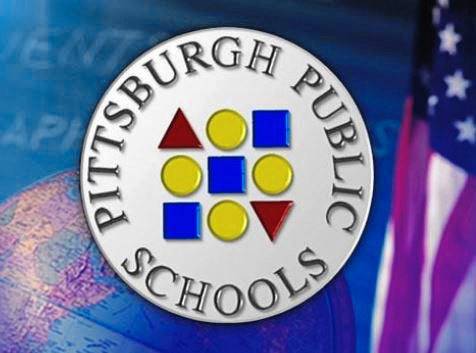Educators appreciate education.
At least, they should. It’s right there in the name. One would think that a teacher or a principal or a superintendent would be interested in learning as much as teaching, especially when so much is changing about how kids are processing information via new technologies.
And so it isn’t surprising that Pittsburgh Public Schools spends money on professional development. As new ideas are put out and new techniques developed, teachers should be able to use them to best educate kids.
But does that require a trip to Las Vegas? And Nashville? And Los Angeles?
Pennsylvania Auditor General Eugene DePasquale doesn’t think so. He may very well be right.
In 2019, the district has spent more than $450,000 on travel.
Maybe that doesn’t seem like a lot. Divide it by the 4,192 full-time employees and it’s only $107 apiece. That’s not enough for a tank of gas and an interstate hotel room. But it’s unlikely that all those employees — less than half of which are teachers — were participating in work-related travel.
Who did? Administrators are the ones who attracted attention with trips like a two-day jaunt to Cuba that wasn’t approved by the school board and was tacked onto a professional development trip to Florida. DePasquale also noted days spent in professional development that went “well beyond” the number designated.
It is not disputed that there will be times administrators or teachers or any employee must travel to do the job or train to do the job. But PPS spent just $220,000 in 2019, according to DePasquale. Superintendent Anthony Hamlet countered that in 2018, Pittsburgh spent $360,000 compared to Philadelphia’s $924,000.
That might seem like comparing oranges to oranges, but it’s more like tangerines to grapefruit. Both citrus fruit, yes, but huge size discrepancies. Pittsburgh has 2,070 teachers for 22,859 students. Philly has 9,085 teachers for 126,994 students.
Teachers need to keep learning and growing. So do administrators. But that doesn’t have to involve packing a suitcase when the district is looking at a tax increase and a $27.3 million budget deficit for 2020.
Maybe this is the perfect time for cyber education … for educators.








